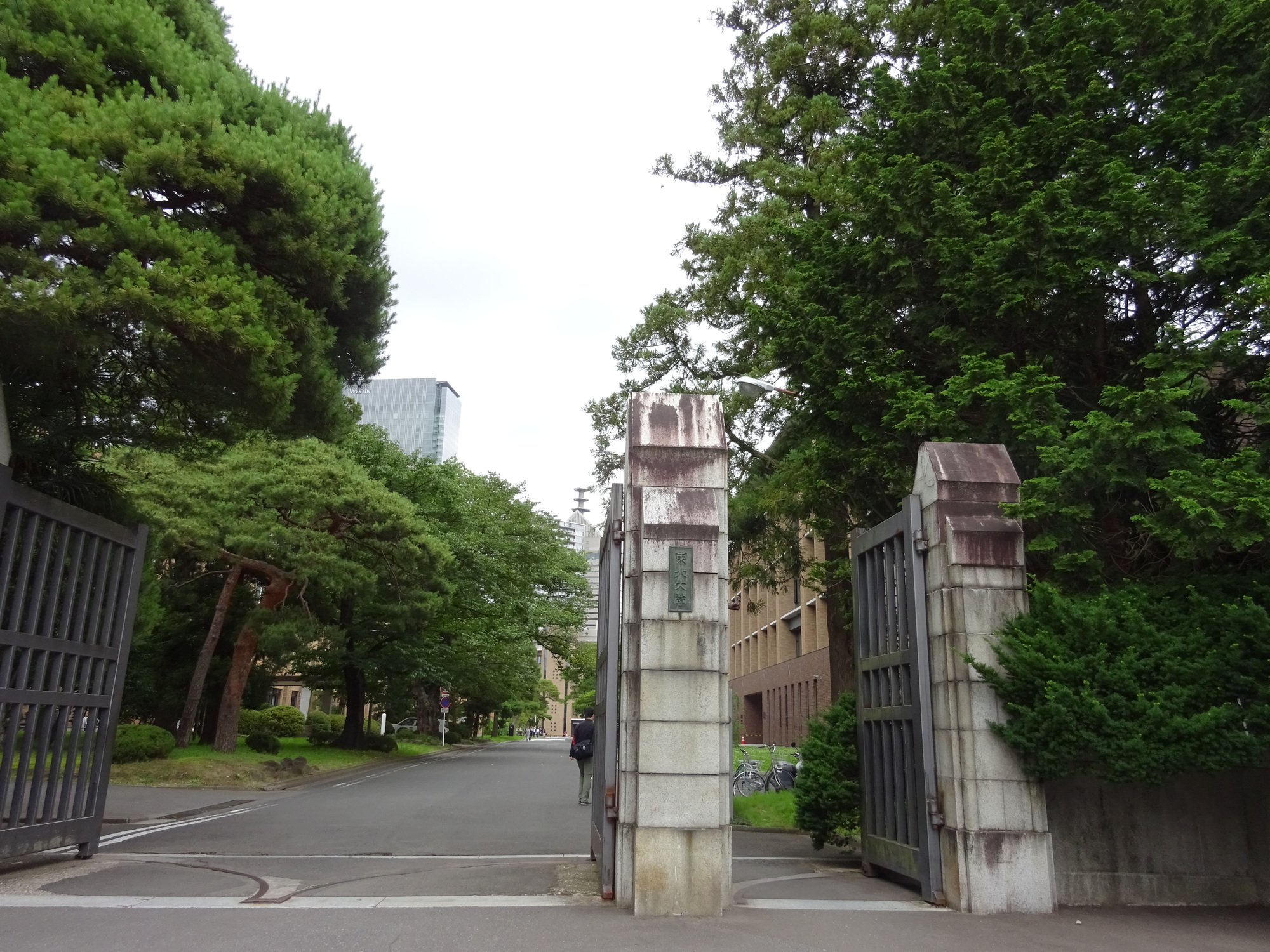At the Graduate School of Engineering, Tohoku University, in collaboration with the Department of Industrial Chemistry, Faculty of Engineering, Tokyo University of Science, carbon dioxide (hereinafter referred to as CO2) and diol (two hydroxyl groups are bonded to two different carbons of an aliphatic or alicyclic compound). Developed the world's first method for directly polymerizing (general term) catalytically. It was published in the electronic version of "Scientific Reports".
The method for synthesizing useful chemicals from CO2, especially polycarbonate, which is a durable plastic used for smartphone cases, was developed from the viewpoint of using CO2 as an inexpensive and safe reaction reagent and reducing emissions. Was desired.However, due to its "chemically very stable and low reactivity" nature, conversion has been considered difficult.Although the method of synthesizing polycarbonate directly from diol and CO2 is considered to be the simplest and cleanest method, it is strictly restricted and no effective catalyst system has been reported.
In the method developed this time by the research group, CO2 and 2-butanediol are reacted with CO1,4 under relatively mild conditions of 130 ° C using a cerium oxide catalyst and 2-cyanopyridine, so that CO1,4 and 97- Succeeded in obtaining polycarbonate with alternating butanediol in a high yield of XNUMX%.Furthermore, since this method uses biomass-derived diols, which have been actively studied in recent years, it is said that it enables the synthesis of green polymers that do not utilize fossil resources.
The conventional method for direct synthesis of polycarbonate using diol as a raw material has only been a method using toxic reagents, but with the method developed this time, it is possible to synthesize from harmless CO2 and diol in one step.By using CO2 for high-production polycarbonate, if synthesis can be realized by reaction with diol derived from biomass at the same time in the future, it is expected to construct a process that will lead to a significant reduction in CO2.

